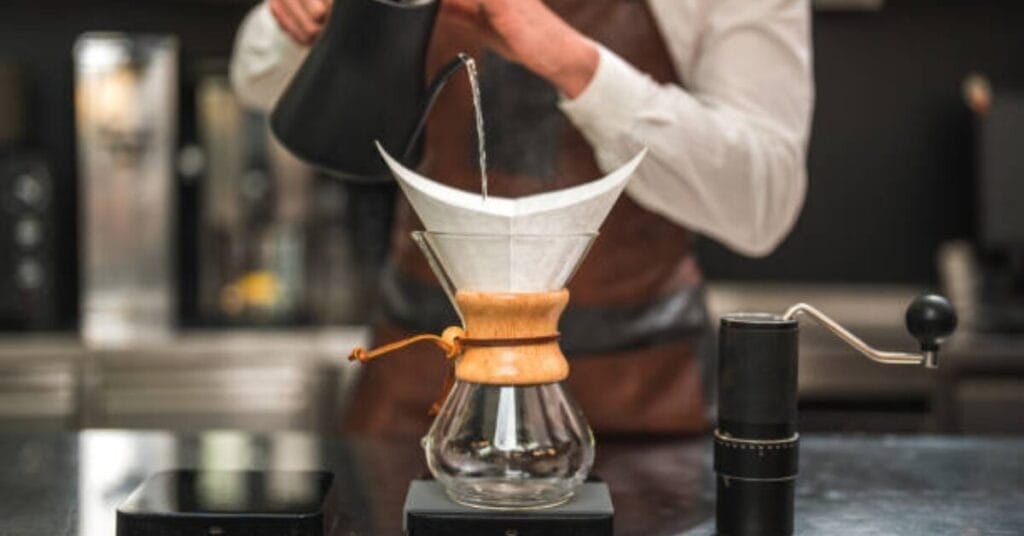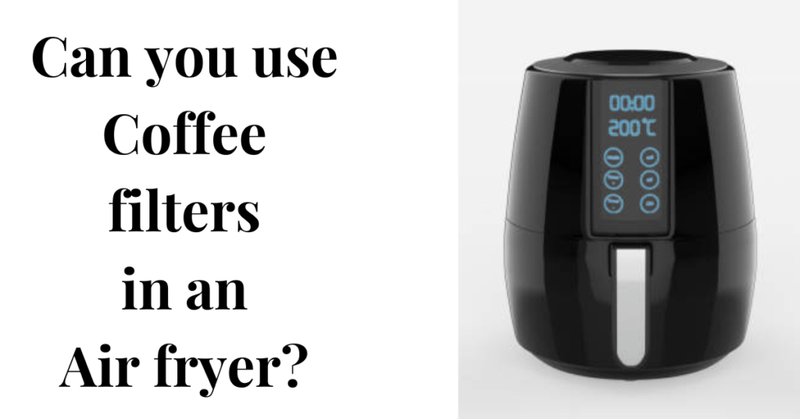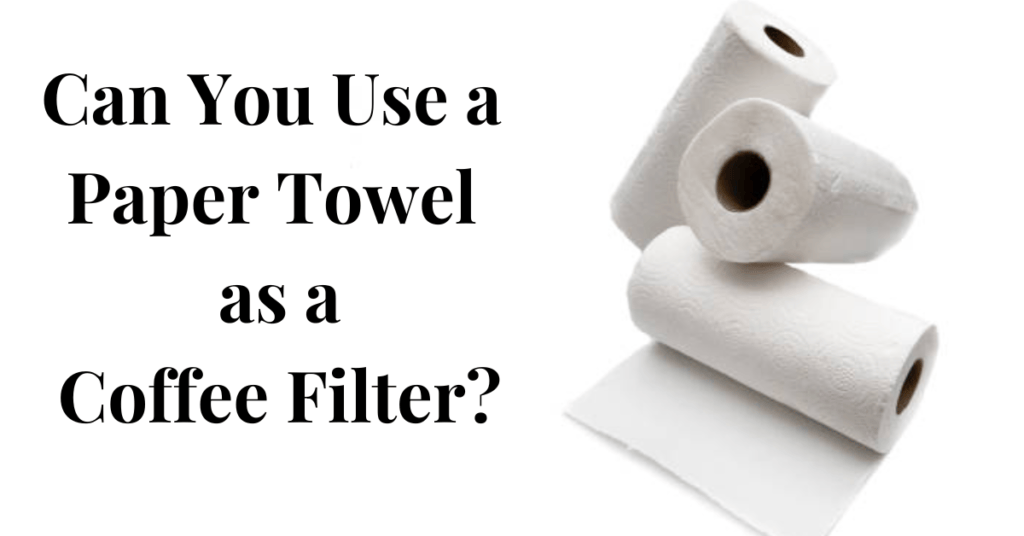Coffee filters may seem simple, yet many wonder if they contain plastic. Some paper filters include trace synthetic binders, while reusable options often use nylon or polyester. Understanding materials helps eco-conscious brewers choose better tools—just as mindful choices around coffee crystals support more sustainable, informed coffee rituals.
As an affiliate site, we are associated with the amazon. We might receive a commission when you use links or recommendations on our website to make qualified purchases. The cost you pay for the goods or services is unaffected by this.
Table of Contents
Do Coffee Filters have Plastic: What is a Coffee Filter Made?

Plastic Content in Traditional Coffee Filters
Traditional paper coffee filters often contain small amounts of plastic fibres, such as polypropylene, added for durability and filtration efficiency.
Potential Health Concerns from Plastic Leaching
When hot water passes through coffee grounds, trace amounts of plastic may leach into the brew, raising concerns about long-term health effects.
Environmental Impact of Plastic-Based Filters
Coffee filters containing plastic are not fully biodegradable, contributing to landfill waste and environmental pollution.
Eco-Friendly Alternatives to Plastic Coffee Filters
Unbleached paper filters and reusable stainless-steel or mesh filters provide sustainable alternatives for reducing plastic usage.
Making Informed and Sustainable Coffee Choices
Understanding filter materials empowers consumers to choose environmentally responsible options and minimize plastic waste.
Types of Coffee Filters

Overview of Coffee Filter Materials
Coffee filters are made from various materials, each designed to offer unique benefits in terms of brewing performance and sustainability.
Paper Coffee Filters
Paper filters, made from wood pulp, are widely used for their simplicity and ability to trap grounds while allowing smooth extraction.
Bamboo Coffee Filters
Bamboo filters provide an eco-friendly, biodegradable alternative with performance similar to traditional paper filters.
Cloth Coffee Filters
Cloth filters, made from cotton or hemp, are reusable options that reduce waste while delivering clean coffee when properly maintained.
Metal Coffee Filters
Metal filters, commonly crafted from stainless steel or mesh, offer durability and a fuller-bodied coffee by allowing natural oils through.
Nylon Coffee Filters
Nylon filters are reusable, heat-resistant options that use fine mesh to ensure efficient filtration with regular cleaning.
Choosing the Right Coffee Filter Material
The ideal coffee filter depends on personal taste, brewing style, and environmental priorities, allowing for a customized coffee experience.
Are Melitta Coffee Filters compostable?

Melitta coffee filters are available in various types, and whether they are compostable depends on the specific product. Melitta offers both paper and bamboo coffee filters, and their compostability varies.
- Paper Filters: Melitta’s traditional paper filters are often compostable, particularly their unbleached versions. They are typically made from paper sourced from sustainable forestry practices and do not contain plastic additives. As a result, they can be composted along with organic waste.
- Bamboo Filters: Melitta also offers coffee filters made from bamboo, a renewable and biodegradable resource. These bamboo filters are usually marketed as compostable and environmentally friendly options. Bamboo fibres break down more readily in compost than traditional paper filters, making them a popular choice for eco-conscious consumers.
However, checking the packaging or product specifications to confirm compostability is essential. Some Melitta filters may contain coatings or additives that affect breakdown, so verification is important.
Additionally, proper composting practices—such as shredding filters and maintaining aeration—support faster decomposition, much like mindful use of coffee granules encourages more sustainable daily coffee habits.
Do Coffee Filters dissolve in water?

Coffee filters, whether made of paper or other materials, do not dissolve completely in water. Instead, they undergo a process of disintegration or breakdown, depending on their composition.
Paper coffee filters, for example, are designed to withstand exposure to hot water during brewing. The paper fibres do not dissolve entirely while they absorb water and become saturated. Instead, they break down into smaller particles over time due to the mechanical action of water and the heat from brewing.
The rate at which paper filters disintegrate can vary depending on factors such as the thickness of the paper, brewing temperature, and brewing time. However, paper filters retain structural integrity long enough to complete the brewing process without disintegrating.
Non-paper coffee filters, such as those made from metal or cloth, also do not dissolve in water. These filters are designed to be durable and reusable, withstanding repeated use and cleaning.
While coffee filters undergo some breakdown when exposed to water during brewing, they do not truly dissolve like soluble substances. Instead, they fragment into smaller pieces that may decompose over time under composting conditions—a process quite different from how coffee crystals fully dissolve in hot water.
Eco-Friendly Basket Coffee Filters

Eco-friendly basket coffee filters are a sustainable alternative to traditional paper filters. They are designed to reduce environmental impact while brewing delicious coffee. These filters are typically made from renewable and biodegradable materials, such as unbleached paper or bamboo fibres, which minimise waste and promote eco-conscious brewing practices.
Unbleached paper filters are a popular choice among environmentally conscious consumers. They are free from chlorine and other harsh chemicals used in the bleaching process. These filters degrade naturally over time, making them suitable for composting and reducing landfill waste.
Bamboo basket filters offer an even more sustainable option. Bamboo is a fast-growing and renewable resource that requires minimal water and pesticides to cultivate. These filters are compostable and biodegradable, providing a guilt-free brewing experience.
In addition to their eco-friendly materials, basket coffee filters are designed for optimal performance. They efficiently trap coffee grounds while allowing water to flow through for a flavorful cup of coffee. By choosing eco-friendly basket coffee filters, coffee enthusiasts can enjoy their favourite brews while minimising their environmental footprint.
Responsible Forest Management
Every year, 30 million acres of natural forests face devastation due to illegal logging and land clearance. To combat this, the Forest Stewardship Council (FSC) implements a stringent certification system for forests and forest products to foster responsible forest management.
The filters in question are crafted from FSC-certified paper, ensuring that they originate from sustainably managed forests, thereby contributing to preserving our planet’s valuable natural resources.
Why Compost?
Each year, approximately 80 million tons of waste end up in US landfills, much of which consists of organic material that could be composted instead (Source: US EPA). When organic waste decomposes in landfills, it releases methane, a potent greenhouse gas contributing to global warming.
Composting coffee grounds and filters help divert food scraps from landfills, turning them into nutrient-rich matter that can benefit future agricultural projects. Composting is environmentally responsible and helps mitigate climate change by reducing methane emissions.
FAQS || Do Coffee Filters have Plastic
Can Coffee Filters Catch Microplastics?
Coffee filters have the potential to capture microplastics because when tap water containing calcium carbonate is heated to high temperatures, it solidifies and encrusts the plastic particles. This process makes removing plastic particles easier using basic filtration methods like a coffee filter.
Is Coffee Filter paper environmentally friendly?
Coffee filter paper, mainly bleached ones, could be more environmentally friendly. Bleached paper filters use chlorine or oxygen bleach to whiten, which negatively impacts the environment. Oxygen bleach is slightly better than chlorine bleach, but neither option is eco-friendly.
What is Plastic made of?
Plastic is primarily made from polymers, which are long chains of molecules composed of repeating units called monomers. These monomers are typically derived from fossil fuels like petroleum or natural gas.
Is the Coffee maker Plastic safe?
If your coffee maker is predominantly made of glass and stainless steel, it’s generally considered safe. However, if it’s constructed from cheaper plastics containing substances like BPA and PFAS, there could be potential toxicity concerns. To mitigate this, you can maintain your machine well, use filtered water, and opt for shorter brew times.
Conclusion
In conclusion, while some coffee filters may contain trace amounts of plastic, eco-friendly alternatives provide a sustainable option for conscious consumers.
Paper filters remain popular because they highlight coffee’s natural acidity and deliver a clean finish, with easy disposal after brewing—especially when paired with responsibly sourced organic coffee.







